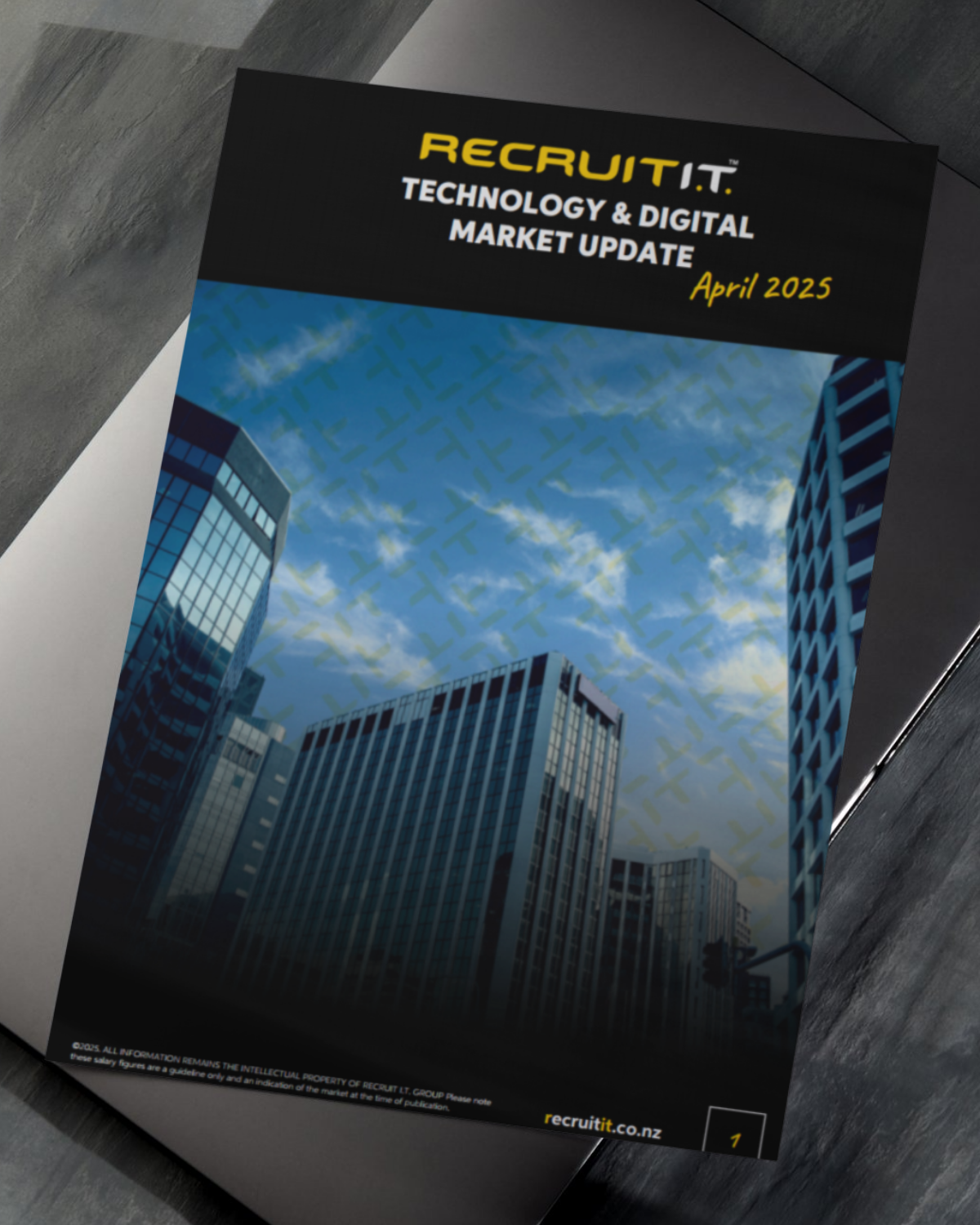Are I.T. professionals setting themselves up for a salary reality check?
A lack of quality local talent in the IT and technology recruitment market is not a new issue. However, the Covid-19 pandemic has added further pressure and complexity, taking away the option for NZ businesses to source talent from overseas.
With the borders likely to stay shut for the foreseeable future, even to Australia, companies are struggling to fill roles and are even resorting to poaching staff off each other with extremely high salaries, signing bonuses and generous counteroffers.
A combination of an extreme talent shortage, the NZ economy performing well, and expats returning home with significantly higher salary expectations has resulted in salaries and contract rates in the sector edging higher and higher.
Employers are being forced to pay expat returnees higher salaries in line with what they earned overseas. Onshore candidates are acutely aware of their value in the current market, so they are also negotiating increasingly higher remuneration packages.
Whilst this is positive for Kiwi candidates who are finding themselves in good bargaining positions, we are starting to ask ourselves – is salary growth at this pace really a good thing for the industry, or are IT professionals setting themselves up for a salary reality check in the near future?
On the face of it, increasing salary rates can only be a good thing. Salaries have not moved that much in the previous few years, so candidates now feel their worth and benefit from higher income in the face of higher inflation and rent and property rises.
However, companies will quickly find themselves overpaying for their resources, which will eventually affect their opex/capex eventually. In reality, simply throwing money at the problem won’t change the big issue – the ongoing chronic talent shortage across the industry.
Companies have alternatives open to them – what about hiring a more junior candidate (or even two for the same salary!) and investing in quality training to add more local talent to the industry.
As an industry, we are notoriously bad at training and mentoring grads. As this article by Seek demonstrates, international companies are now using high salaries to entice our own IT graduates overseas.
So how else can employers look at the situation differently? Although a high salary is one hook for potential candidates, we frequently see candidates enticed into roles with various other benefits.
Rather than recruiting on salary alone, it is essential to ensure that your employee value proposition is strong and you are evolving the benefits you offer to adjust to such a competitive landscape.
It is essential to highlight any learning and development opportunities, phone and internet discounts or packages, gym subsidies, work flexibility, bonuses and commission structures, share options, additional annual and long service leave, increased KiwiSaver contributions, life insurance, and any other perks you have available as a means to attract and lock in candidates.
This is important not just for recruitment, but also for retention of current staff. Uncompetitive salaries, poor management style, lacklustre workplace culture and a lack of new challenges are all reasons that push workers to look elsewhere. With so many jobs available with generous salaries on offer, previously long-serving and loyal employees can easily be poached.
It is not only employers that need to be cautious in the current market – although it seems like candidates have the upper hand, we suggest you take a buyer beware approach.
Firstly, consider what will happen when the border opens, competition increases, and the market (and salaries!) normalise, especially if you are only planning to stay in the role you are looking at now for a limited time.
If the borders have opened or the market has changed significantly, you may need to take a significant pay cut when you go back out to market for a new role.
When considering any job offer, take a close look at not only the salary but also any other benefits or perks that are important to you, and outside of the package on offer, make sure the company will be a good cultural fit for you.
Ask yourself what your move is really about and where you see yourself in the future. If you are looking for career progression, establish whether there is an opportunity for growth within the company making the offer.
In short, our message to both employers and candidates alike is to play the long game and consider all factors – don’t hire a new employee or take on a new role for a short-term gain!
At some point, the border restrictions will relax, or the economy will change, and salaries will begin to stabilise. When that happens, employees need to ensure they have more than money going for them in terms of being a desirable employer of choice, and candidates need to ensure they won’t be hit by a crushing salary reality check if they plan to change jobs.
Our experienced team is always available to provide helpful and pragmatic advice to employers scoping a role and salary package, and can help position your company and role competitively in the market. Plus, we are happy to provide confidential guidance and advice to candidates considering their next career move. Reach out to one of our friendly consultants for a chat if you require any recruitment or career advice!



